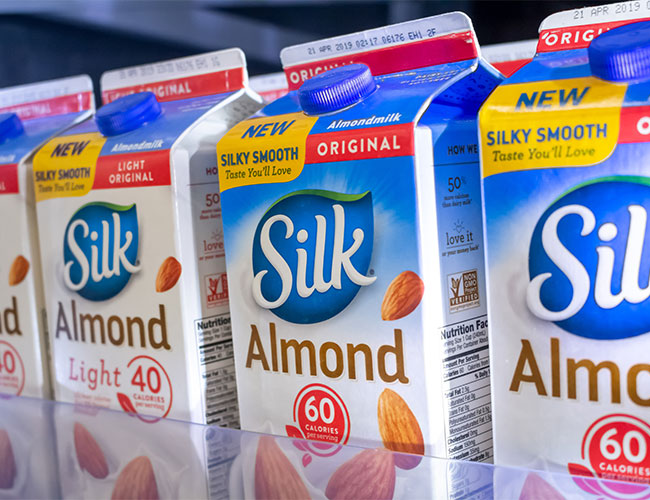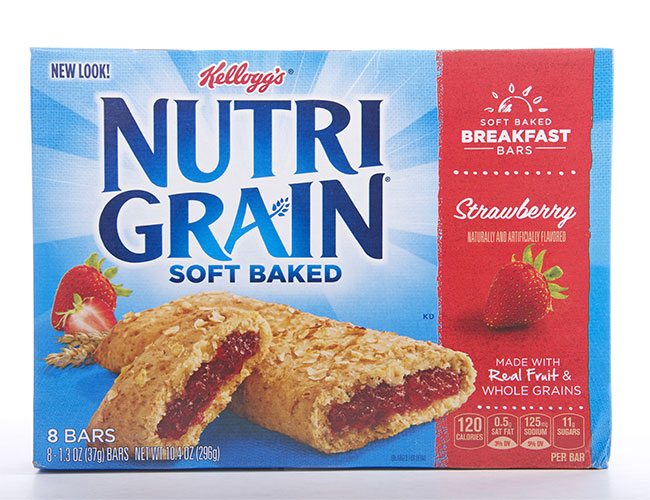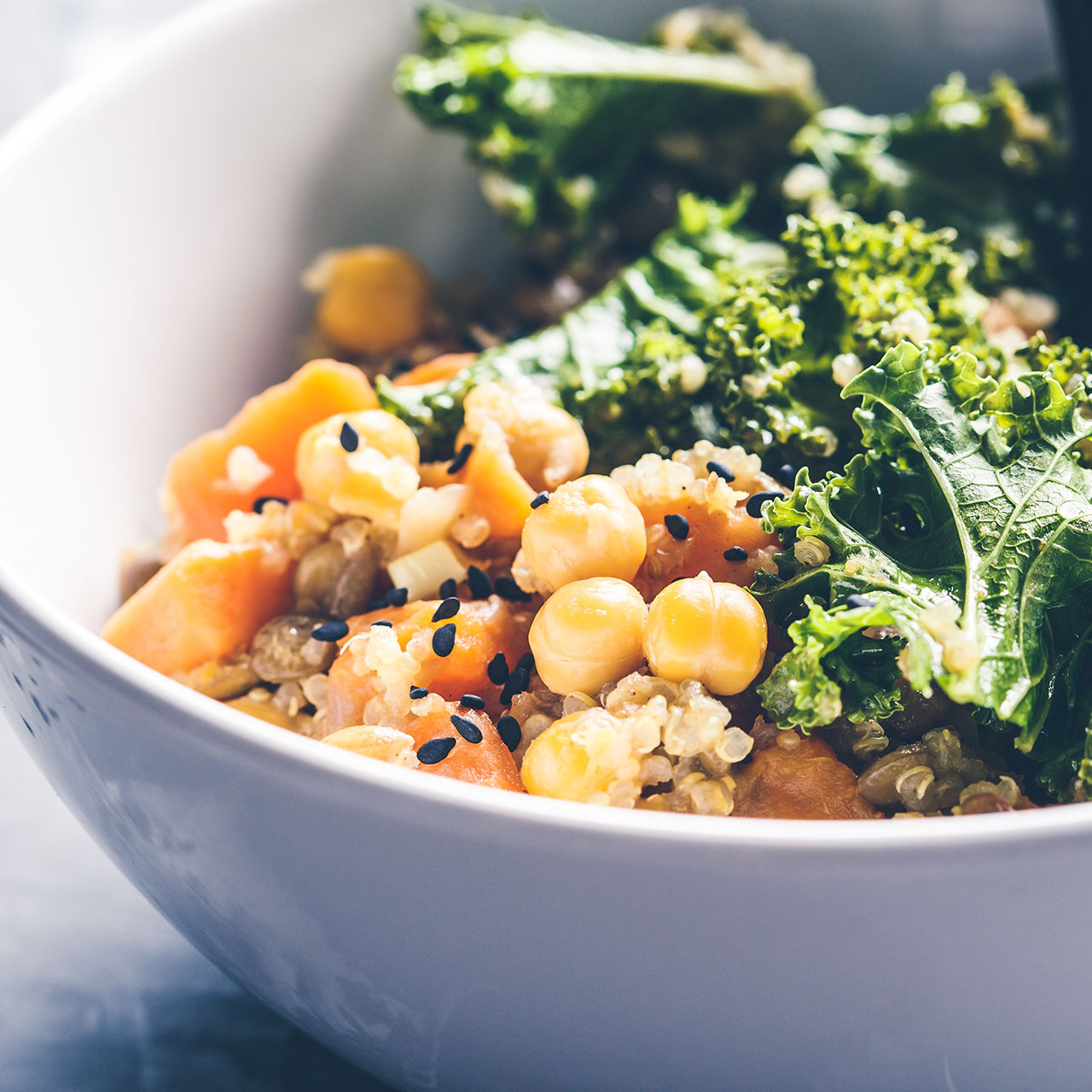If you care about your health, that likely means you care about what you’re putting into your body. Most of us know the basics of nutrition: eat your fruits and veggies, stay hydrated, and avoid fatty junk food. However, some common pitfalls that lead to inflammation and weight gain may be harder to notice—especially because many of the main culprits are labeled as “health foods.”
To learn more about how so-called “healthy” foods can actually cause damage to your body and keep you from losing weight, we spoke to Dr. Amy Lee, board certified doctor in internal medicine, medical nutrition, and obesity medicine, and partner of Nucific. Dr. Lee gave us the run-down on 4 surprising foods you should actually avoid for your health.


Peanut butter
Although peanut butter is a pantry staple for many of us and even a go-to protein when it comes to many dietary regimens (keto, for example), Dr. Lee says certain brands can be a major downfall if you want to avoid weight gain and inflammation. "If one is not focusing on the ingredients found in most processed foods, you will find yourself picking up one of these unconventional, big box brands of peanut butter and unintentionally eating ingredients that go against your overall health and wellness," she warns.
The main problem with popular peanut butter brands like Skippy is their high sugar content, along with the fact that they contain hydrogenated oils. Dr. Lee says these ingredients tack on unnecessary calories and trans fats to your diet. "They have been proven to cause weight gain and increase overall inflammation," she notes.
If you're a peanut butter lover who can't bear to let go of this tasty spread, Dr. Lee suggests opting for fresh peanut butter, which can usually be found at specialty and health food stores. "These stores typically have a machine where you can grind fresh peanuts and you can see that the ingredients contain nothing but peanuts!" she explains. If you really want to take your peanut butter addiction to the next, healthier level, you can even make your own at home with a food processor.

Almond milk with added cane sugar
In recent years, many people have been cutting dairy milk out of their diet for the sake of their health. That leads them to plant-based options, such as the ever-popular almond milk. Dr. Lee says that while certain plant-based milks serve as a healthy, vitamin-packed option, the ones with added cane sugar are cause for concern. "Added cane sugar is so unnecessary and can add on extra calories and cause weight gain," she warns.
Luckily, nut milk is still a viable option if you reach for varieties with a low sugar content—bonus points if you make your own! "We now have a cool new appliance that allows you to make your own plant-based milk and you have the option to add nothing by the key ingredients," Dr. Lee says. What's healthier than that?!

Naked Green Machine Smoothie
Smoothies are always healthy, especially if they're green, right? Well, no. Dr. Lee warns that even the healthiest-sounding smoothies, like Naked Juice's popular Green Machine, can hinder your weight loss goals.
This drink in particular contains a whopping 53 grams of sugar. "As we read the ingredient list, some of the items are apple juice from concentrate or purees," Dr. Lee notes. "This is as bad as taking in a can of coke." Yikes! That doesn't sound too healthy to us.
"Notice there is absolutely no dietary fiber in this juice when it is selling 'green.'" Dr. Lee goes on. Additionally, drinks like this are packed with preservatives to give them a longer shelf life. If you really want a healthy green juice or smoothie, it's best to buy fresh, cold-pressed options—or, of course, take complete control over what's going into your body by making your own.

"Energy" bars like Nutrigrain
Dr. Lee says that consumers should be especially wary of cereal bars labeled with buzz words like "whole grain," "energy," "real fruits," and more. These words can be misleading.
"It sounds healthy but if you look at the ingredient list, it is packed with processed things like sucrose, sugar, dextrose, carrageenan, soy lecithin, and corn syrup," Dr. Lee explains. "So besides plenty of sugar, there are additives that are specifically used for food processing to keep ingredients together or give it the texture that we all expect."
So, next time you're reaching for a box of "energy" bars, take the time to check out the ingredients and consider what sort of effect the processed elements may have on your body. Dr. Lee notes that many people are intolerant of carrageenan and soy lecithin in particular. It's likely best to err on the side of caution and stick with fresh, natural foods instead.
At the end of the day, all of Dr. Lee's advice points us towards one important lesson: if you want to be a wise consumer, you should always be thoughtful about what you're putting into your body. That means taking the time to look at ingredients, even when it comes to foods that are labeled as "healthy."


























